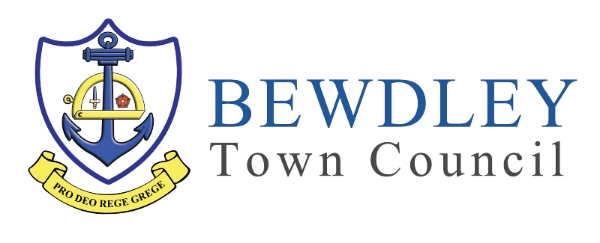Weekly Fraud Update From West Mercia Police – Economic Crime Unit – 05/03/2024 [#226073097]
NEW TO THE INTERNET?
This week we are posting a message from Get Safe Online. Whilst it is primarily aimed at those who are new to the Internet, it does also act as a worthwhile reminder and refresher to all of us who use the Internet daily, and may be vulnerable to Online Fraudsters and Cyber Crime.
- Choose, use and protect your passwords carefully, and use a different one for every online account in case one or more get hacked.
- Look after your mobile devices. Don’t leave them unattended in public places, and protect them with a PIN or passcode.
- Ensure you always have internet security software loaded on computers and a similar app on your mobile devices, and that this is kept updated and switched on. Remember that smartphones and tablets can get compromised as much as computers.
- Always download software, operating system and app updates when prompted, as these frequently contain security fixes and improvements. If possible, set them to update automatically.
- You mustn’t assume that Wi-Fi hotspots in places like cafes, bars and hotel rooms are secure, so never use them when you’re doing anything confidential online. Instead, use 3G or 4G or if it’s for work, a VPN (virtual private network).
- Never reveal too much personal or financial information in emails, on social networking and dating sites and in person. You never know who might see it, or use it.
- Always consider that online or on the phone, people aren’t always who they claim to be. Fake emails and phone calls are a favourite way for fraudsters to approach their victims.
- Don’t click on links in emails, posts, tweets of texts – and don’t open attachments – if the source isn’t 100% known and trustworthy, or it seems strange that you’d be receiving them.
- Never pay for anything by direct bank transfer – including goods, services, tickets, travel and holidays – unless it’s to someone you know personally and is reputable.
Take your time and think twice, because everything may not be as it seems.
Remember that if something seems too good to be true, it probably is.
For regular updates and further information, please visit https://www.getsafeonline.org/about-us/
Take Five to Stop Fraud
STOP: Taking a moment to stop and think before parting with your money or information could keep you safe.
CHALLENGE: Could it be fake? It’s OK to reject, refuse or ignore any requests. Only criminals will try to rush or panic you.
PROTECT: Contact your bank immediately if you think you’ve fallen for a scam and report it to Action Fraud
ALWAYS REMEMBER:
- Avoid disclosing security details
- Emails, Phone Calls and Texts may not be authentic
- Always make direct contact with any organisation by using a genuine phone number
- Stop and Challenge any unexpected requests
- Protect others by reporting Fraud and Scams
If you’ve fallen for a scam, report it to Action Fraud on 0300 123 2040 or via actionfraud.police.uk
Scam Text messages can be forwarded to 7726 to help phone providers take early action and block numbers that generate spam on their networks.
Forward Fake Emails received to report@phishing.gov.uk
If you think your bank account or personal banking details have been used fraudulently, then use the short phone number – 159 – to contact the Fraud Prevention Department of most major UK banks





